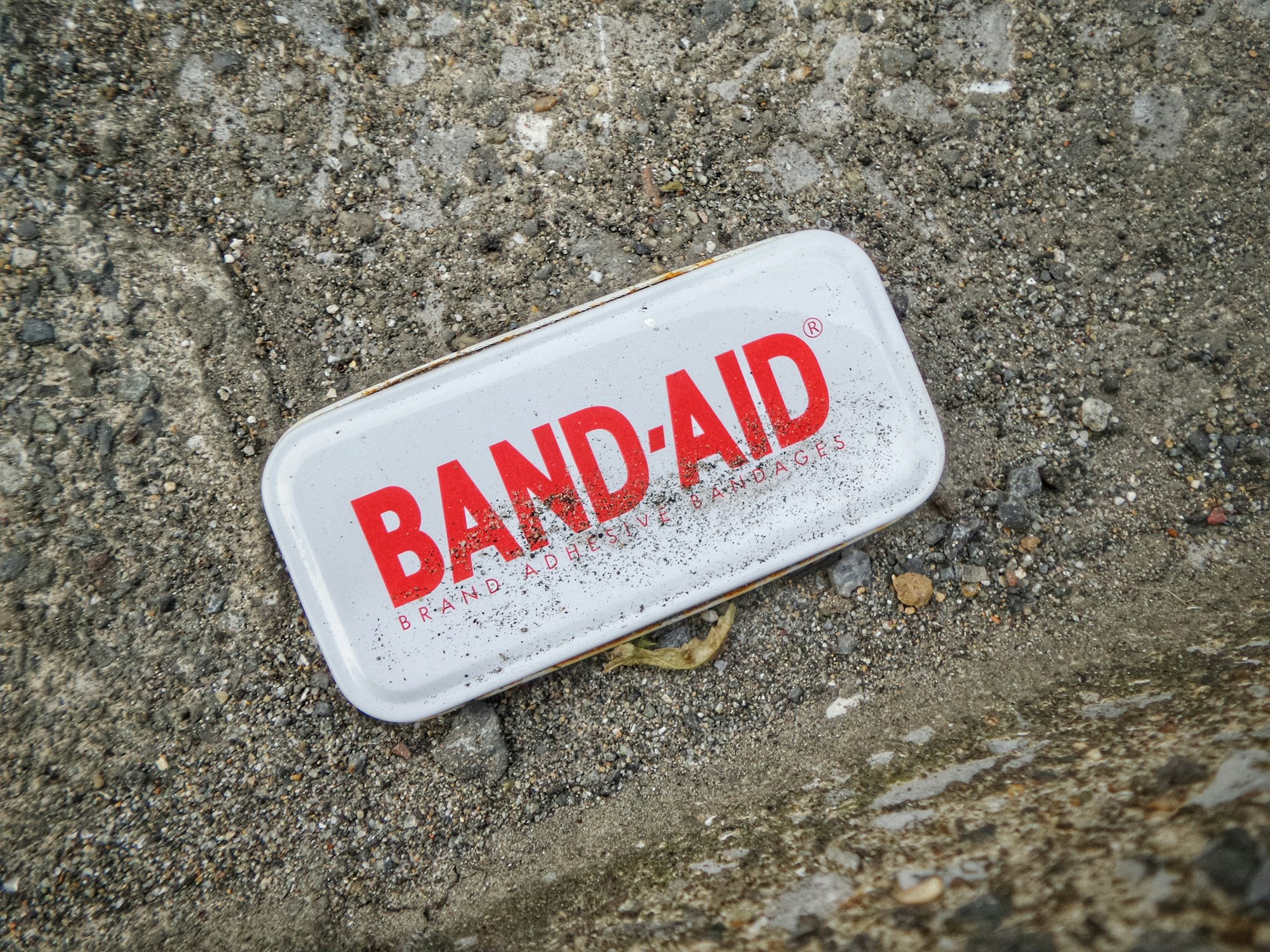Study Reveals 'Toxic Forever Chemicals' in 65% of Leading Bandage Brands
In a startling revelation that has raised concerns among consumers and health advocates alike, a recent study has found that 65% of popular bandage brands contain what are known as 'toxic forever chemicals'. These substances, scientifically referred to as per- and polyfluoroalkyl substances (PFAS), have been linked to
In a startling revelation that has raised concerns among consumers and health advocates alike, a recent study has found that 65% of popular bandage brands contain what are known as 'toxic forever chemicals'. These substances, scientifically referred to as per- and polyfluoroalkyl substances (PFAS), have been linked to a range of health issues, including cancer, hormone disruption, and immune system effects, prompting serious questions about the safety of everyday health care products.
The comprehensive study, conducted by an independent research group, tested various types of bandages, including fabric, plastic, and waterproof varieties, from multiple leading brands. The results indicated that a significant majority of these essential first-aid supplies contain PFAS at levels that could potentially pose a risk to individuals, especially with long-term exposure.
PFAS, notorious for their persistence in the environment and the human body—hence the moniker 'forever chemicals'—have been a growing concern for environmental and public health experts. Used in a wide range of consumer goods for their water and stain-resistant properties, these chemicals are becoming increasingly scrutinized due to their indestructibility and accumulating presence in water, soil, and air.
"This discovery is particularly troubling because bandages are used directly on our skin, often on open wounds, which could potentially increase the rate of chemical absorption into the body," explained Dr. Alex Rivera, a toxicologist who commented on the findings. "What's more, these are products trusted by families to aid in healing, not contribute to long-term health risks."
The report has sparked a call to action from consumer rights organizations and health advocates, urging regulatory bodies to enforce stricter controls on the use of PFAS in consumer products, especially those intended for health care. "There's a pressing need for transparency from brands about the materials used in their products," stated Jordan Lee, a spokesperson for the Consumer Health Coalition. "Consumers deserve to know that the products they use, especially for medical purposes, are safe and free from harmful chemicals."
In response to the study, several bandage manufacturers have issued statements, with some expressing commitment to reviewing their product formulations and others defending the safety and compliance of their products. Meanwhile, health experts advise consumers to stay informed about the products they use and consider alternatives if concerned about exposure to PFAS.
As the conversation around PFAS in consumer products continues to evolve, this latest study highlights the urgent need for comprehensive testing and regulation to protect public health and the environment from the hidden dangers of 'forever chemicals'.




